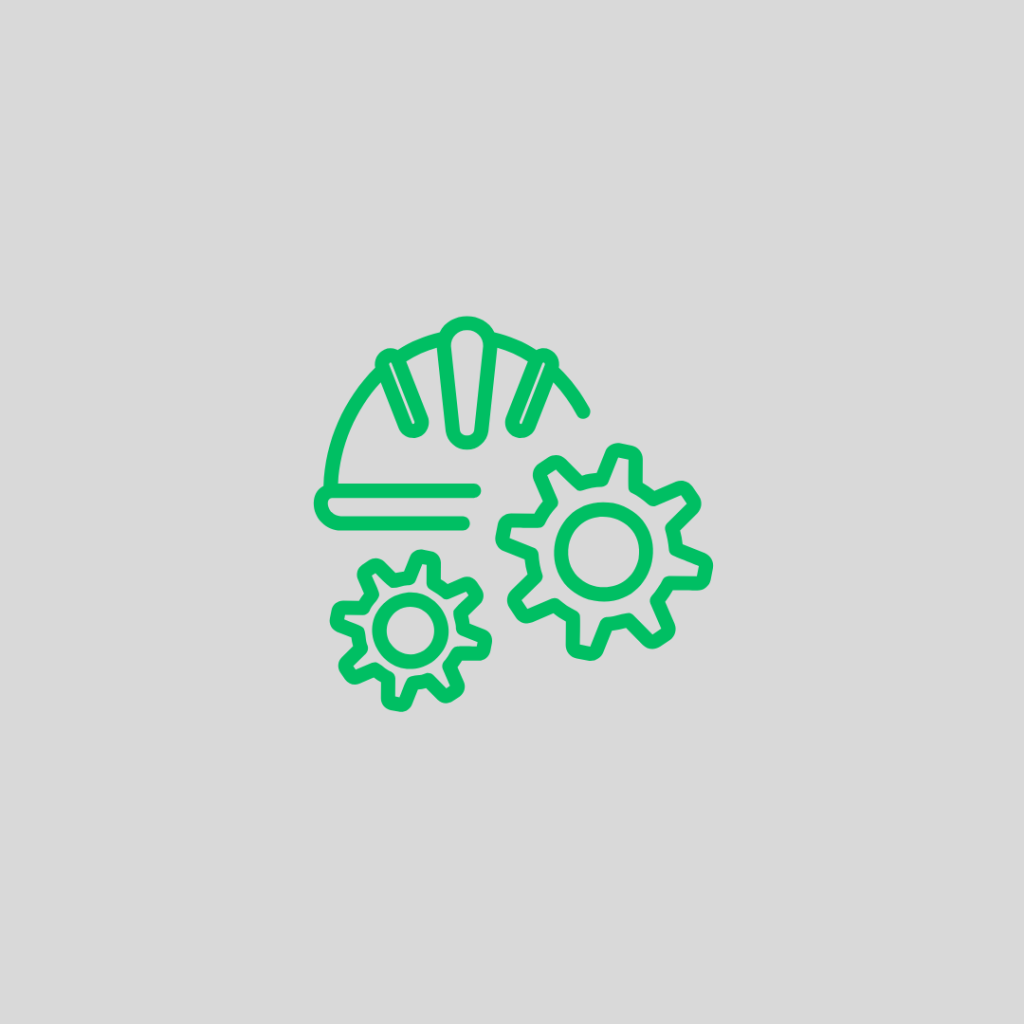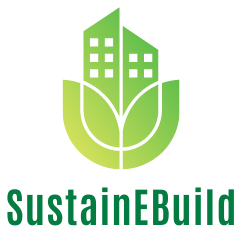
Activities
Our Erasmus+ project is structured around four key activities that guide participants through a full-cycle learning experience — from research and planning to practical implementation and evaluation. Each activity builds on the previous one, combining theoretical knowledge with real-world application, and promoting cross-cultural collaboration among vocational students and staff.
Below, you’ll find an overview of each activity and how it contributes to our shared goal of advancing sustainable, energy-efficient renovation practices.

1. Knowledge Building
This activity focuses on developing educational content related to energy-efficient renovations. It includes key tasks such as gathering baseline regulations, creating didactic materials, researching best practices, and identifying a building for hands-on learning. The activity concludes with compiling findings into a booklet and establishing a project website and logo for effective dissemination.

2. Intervention Design & Development
In this activity we will work on designing interventions to enhance the energy efficiency of the building identified in a previous phase. It includes studying the building, creating design plans for improvements, and compiling necessary resources. The activity combines virtual collaboration with a weeklong student exchange where participants from Spain travel to Belgium for hands-on design work.

3. Implementation
This activity involves implementing the interior and exterior renovation plans to enhance the energy efficiency of a selected building. A weeklong exchange will see Belgian students travel to Spain to collaborate with their peers on-site, providing hands-on learning in sustainable building practices.

4. Checking & Justification
The effectiveness of the completed renovations will be evaluated in this activity. Key tasks include conducting energy efficiency tests and obtaining certifications, followed by compiling a comprehensive technical report detailing the project’s process.
